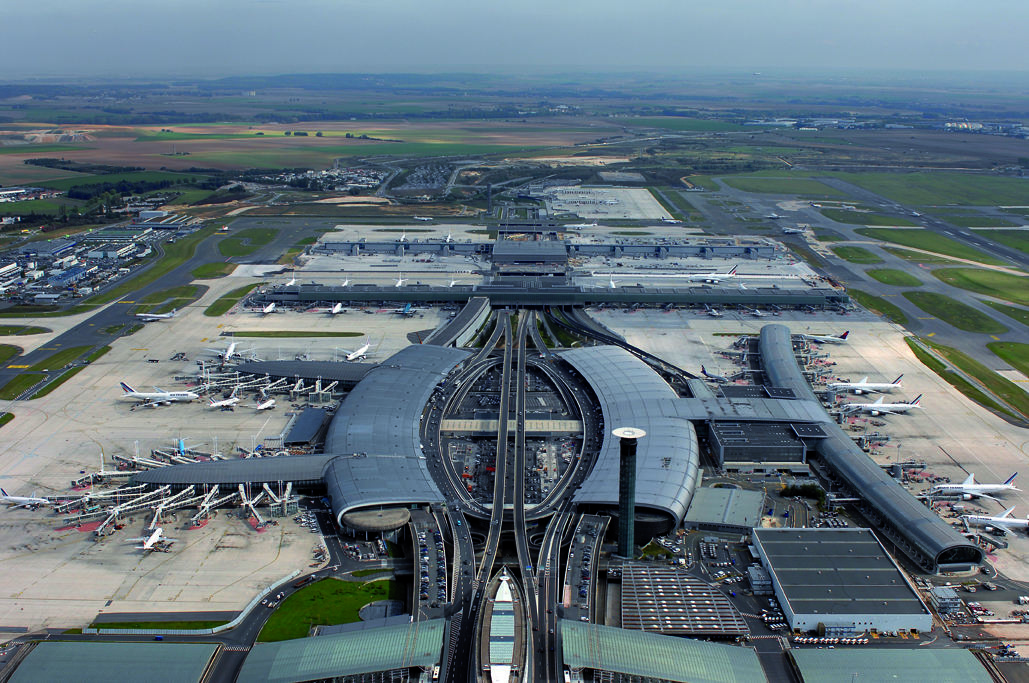The French transport Minister, Elisabeth Borne, has announced this new tax during the second ecological defense Council, which took place on July 9th. The levy for each ticket will go between 1.5 and 18 euros and will be applied from 2020 on.
After the fiasco that occurred during the Assises du Transport Aérien (Air Transport Conferences), the whole French air field was already very disappointed, but now the disappointment has turned into anger. The French transport Minister Elisabeth Borne took advantage of the second Conseil de Défense Ecologique (Ecological Defense Council) chaired by the French President Emmanuel Macron, to announce the setting of an eco-tax of 1.5 to 18 euros, which will be applied from 2020, on every flight departing from France — except toward Corsica and overseas departments and territories, and connecting flights. This measure will be integrated in the draft Budget Bill for 2020.
In practice, the tax per ticket will be of 1.50€ in Economy class and 9€ in Business class for domestic and intraeuropean flights, and 3€ in Economy class and 18€ in Business class for non-EU flights. This tax should yield 182 million euros, starting in 2020, which should be used to invest on more ecological transport infrastructures, especially railway.
After the announcement, many stakeholders of the French air transport field reacted strongly. Air France stated in a press release: “This tax represents an extra cost of more than 60 million euros per year for the Air France Group which represents the exact amount necessary for the measures taken as part of the Assises du Transport Aérien that should have reinforced France's competitiveness. This measure would be extremely penalizing for Air France, 50% of whose activity is operated from France and especially for the domestic network whose losses have reached 180 million euros in 2018. Besides, last month the government rejected taxation at national level because of the distortions of competition that this would generate. The government's decision is all the more incomprehensible that the new tax on air transport should finance competitor transport means as road transport and not the energetic transition in air field. Such a transition should have been favored by supporting the creation of sustainable biofuels chains or breakthrough innovation.”
The UAF (Union of French Airports) said: “Indeed, this new tax will inevitably deteriorate the competitiveness of French airports, in particular regional airports, in a competitive context already severely degraded, thus weakening the attractiveness of the territories served. Concerning the opening of certain lines, French companies will have no choice but to turn away from French destinations to the detriment of economic development and tourism in many regions, for lack of profitability. Indeed, this new tax will primarily affect the connectivity of France while in Europe, according to the connectivity index of ACI Europe, France is lagging in fourth position behind Spain, Germany and the United Kingdom. Moreover, the new tax would add up to to a Brexit effect on the taxation of air transport which would already represent an increase of 7.03 euros on departures from France to the United Kingdom, while British tourists represent the first foreign clientele in France. For a large number of regional airports, with eco-contribution, the increase in taxation (almost 10 euros per passenger) is dramatic.”
“Nothing in the conclusions of the Assises and in the National Air Transport Strategy 2025 foreshadowed such a measure. This new tax is an economic and environmental nonsense. The measure […] will not help the ecological transition. The improvement of the environmental performance of air transport must be sought first and foremost in air transport itself and not in punitive taxation”, adds Thomas Juin, president of the UAF.
Finally, the FNAM (National Federation of Merchant Aviation) does not mince words either. “Does the government want the death of French air transport with ever greater taxes, contrary to its commitment, made last June by Minister Borne and Minister of State De Rugy, to introduce European taxation in order to avoid excessive distortions of intra-European competition?”, said the FNAM in a statement. “This unexpected measure highlights the inconsistency of the government policy that wants to develop tourism and the economic attractiveness of our country. We condemn any decision that can only bring a new tax as a solution to environmental problems while air transport has resolutely engaged in a proactive approach, driven by the arrival of new technologies and compensation commitments of its carbon footprint (CORSIA). Environmental problems will not be solved at the scale of France but of the planet, including the areas with strong development of traffic which are Asia and North America.”

